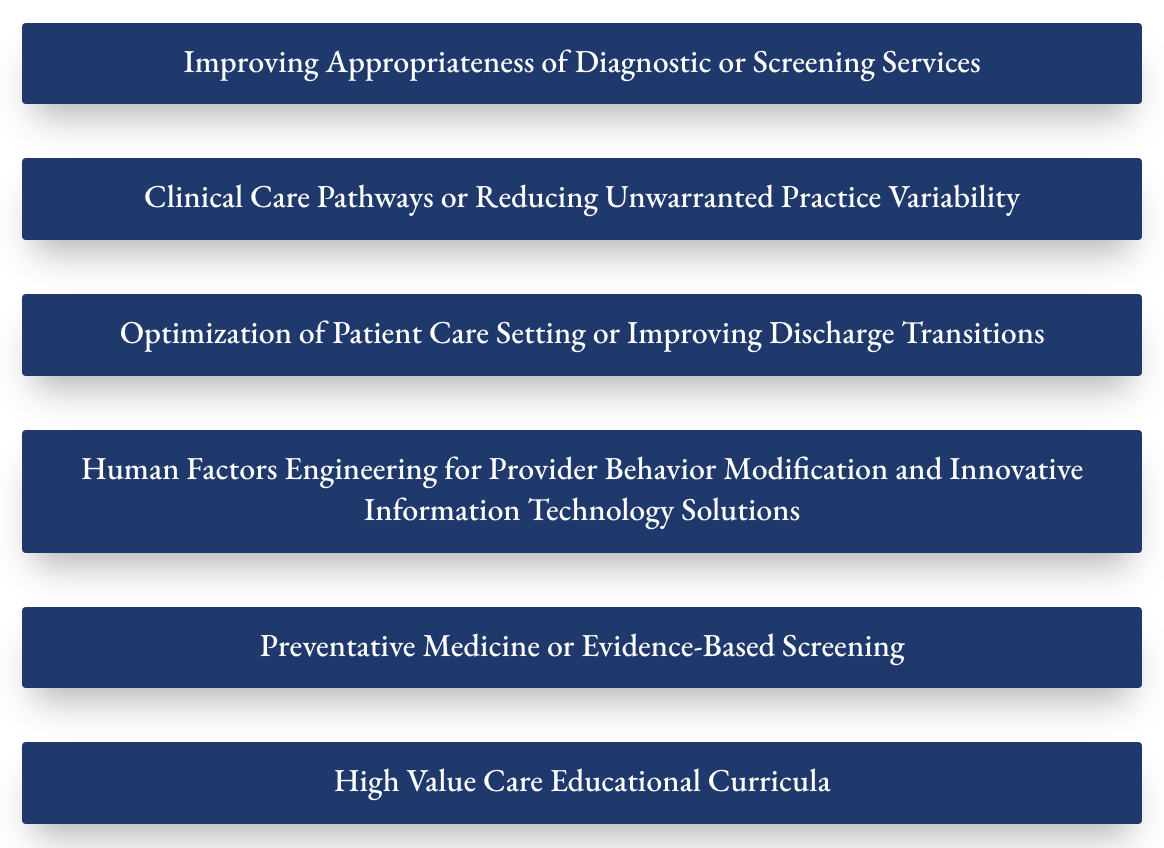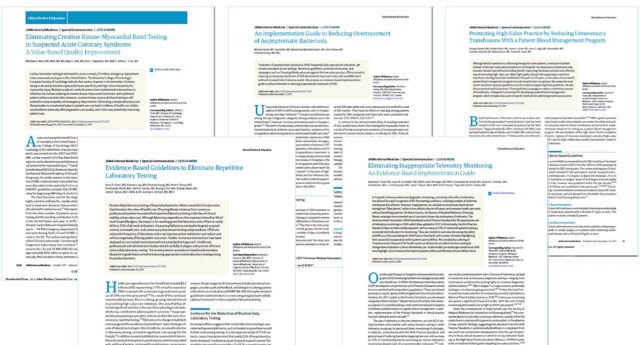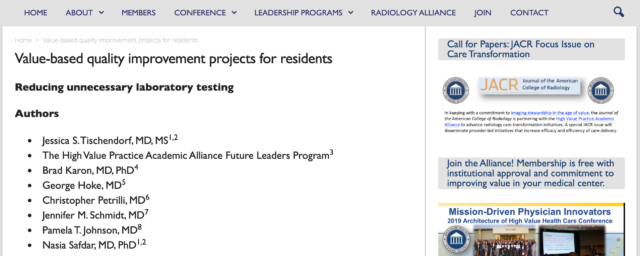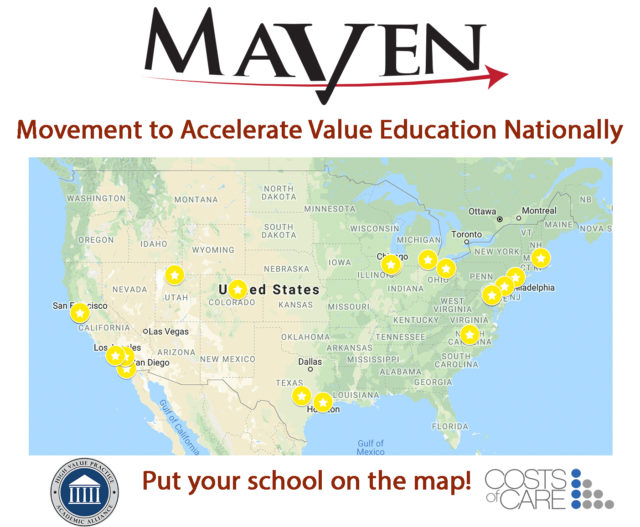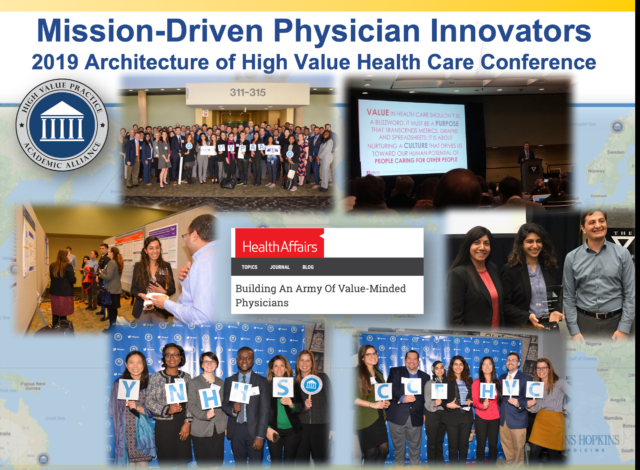From the 2019 HVPAA National Conference
Mr. Mark Bradshaw (Michigan Value Collaborative)
Background
The effectiveness of quality improvement initiatives varies across hospitals and health systems, with hospitals often unaware of their practices relative to peers. The Michigan Value Collaborative (MVC) is a partnership of 77 hospitals and 20 physician organizations (POs) across Michigan which aims to combat this and help members learn from one another. As part of this, MVC facilitates regular virtual workgroups to offer a forum for hospital quality improvement experts to collaborate and share best practices. MVC also provides its members with high quality claims data through its online registry and undertakes a variety of other engagement efforts, including semi-annual collaborative meetings and in-person site visits.
Objective
MVC currently delivers five virtual workgroups, each of which is focused on a specific topic (e.g. congestive heart failure). The aim of these workgroups is to provide hospital and PO leaders with a highly accessible online platform to come together and share best practices on topics of their choosing. This talk will be of interest to a broad group of stakeholders, including hospital and PO leaders, clinicians, health care providers, policymakers, and academic researchers.
Methods
Each virtual meeting is facilitated by MVC and is designed to encourage participants to highlight key success stories, as well as any challenges faced. In this presentation, we will provide a detailed explanation of the methodology used to implement these virtual workgroups. This will include outlining the rationale behind the workgroups, how participants are able to shape each discussion and what role MVC plays in facilitating each meeting. We will also present an example of how the workgroups have been utilized to improve patient outcomes.
Results
As part of the CHF workgroup, participants discussed the use of heart failure clinics as a method of reducing readmissions. This has fostered best practice sharing, with one hospital hosting a visit for others to view their CHF clinic in action. This led to two attendees opening up their own clinic and two more facilities are currently developing plans to open similar centers. MVC has provided ongoing support this effort, assisting one hospital to create a business proposal for the creation of their new clinic.
Conclusions
The workgroups have proved instrumental in identifying the use of heart failure clinics as a method of reducing readmissions. There have been similar benefits witnessed across other workgroups, providing a highly accessible forum for hospital and PO leaders to interact. This session will aim to share learning and provide interested parties with a proven method and template for facilitating best practice sharing through the use of virtual workgroups.
Clinical Implications
Hospital readmissions can negatively impact cost and patient outcomes. It is for this reason that readmissions remain a source of concern for hospitals and is why reducing readmissions is a target for alternative payment models. MVC has helped member hospitals tackle this issue. For example, by sharing best practice in the CHF workgroups, participants have been able to introduce their own CHF clinics and ensure they are undertaking timely follow-up in order to reduce readmissions.
